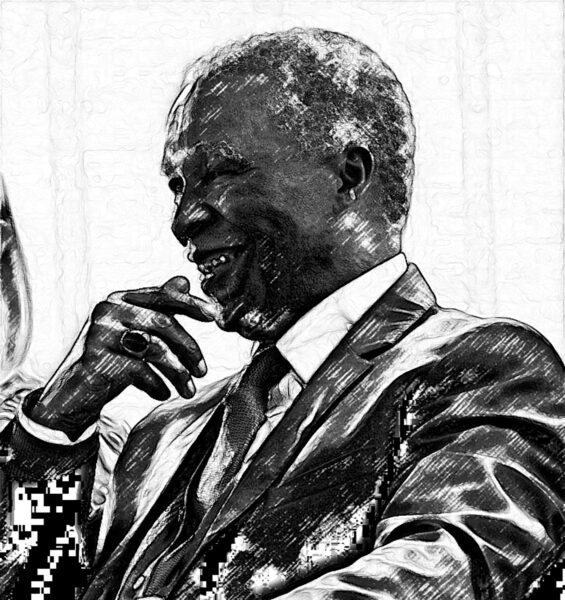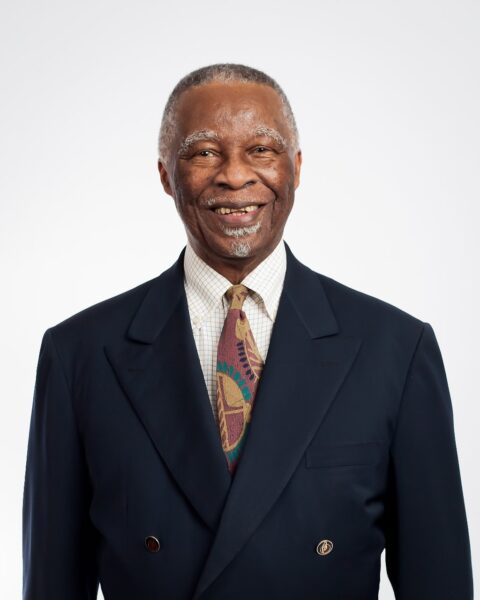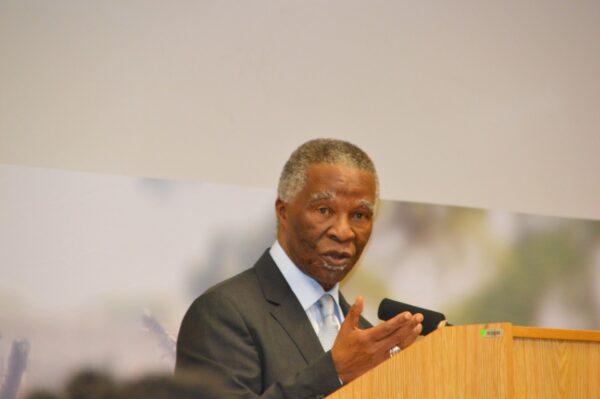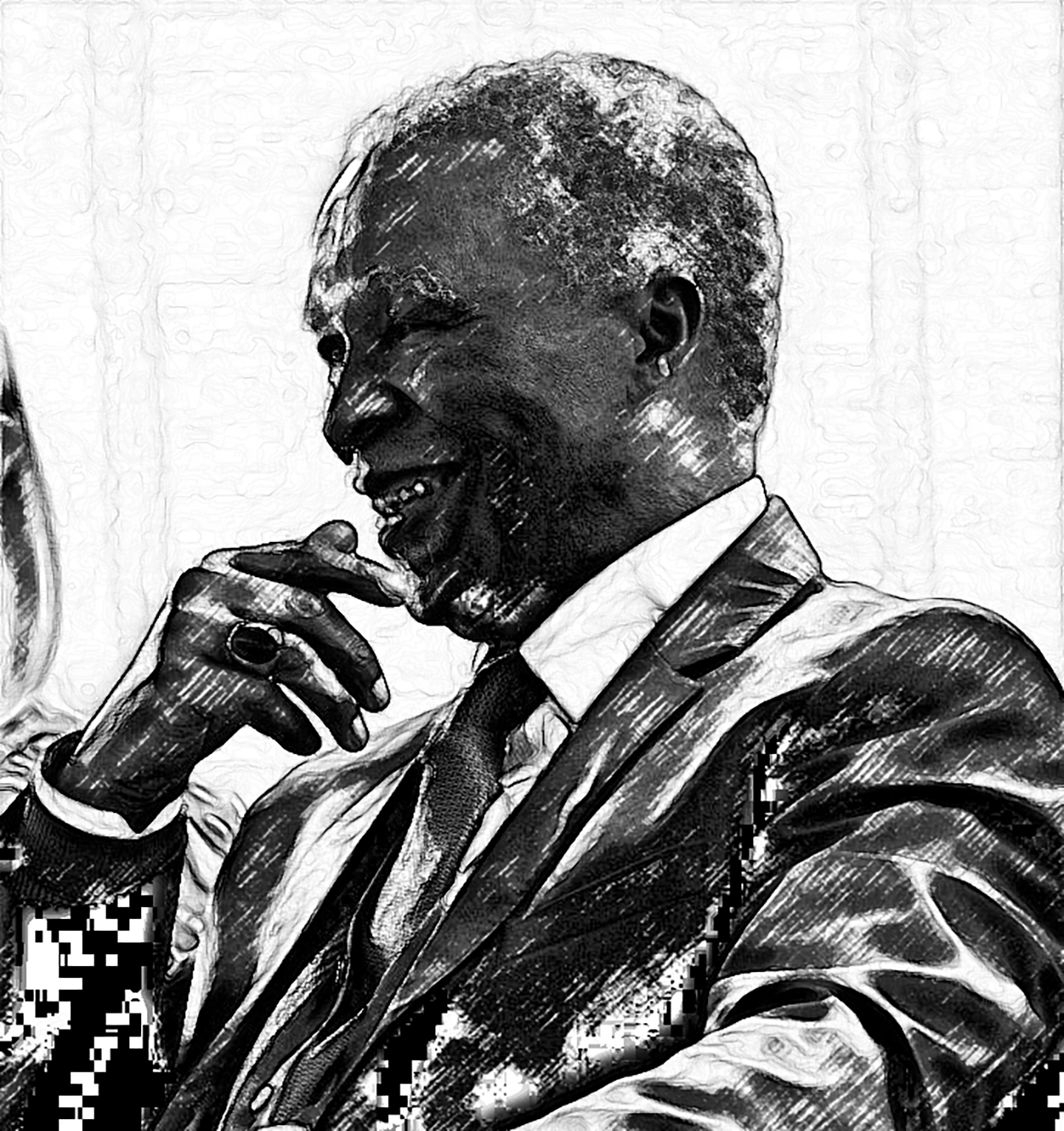By Toyin Falola
The foundation of strong nations is built on mutual integrity and collaboration among regional powers to enhance solid responses to common problems. Challenges are an integral part of the inevitable experiences that people must face and overcome to achieve their collective aspirations and reach new and greater heights. Importantly, challenges can wreck an individual or a group, depending on their resolve to confront the issues confidently or otherwise. In other words, problems do not automatically turn a people or the country into a golden star; often, the disposition of society or the individual facing these issues will determine the outcomes.

Africa’s problems are deeply rooted in the despicable politics of exploitation and predatory feasting orchestrated by the colonizers, and its legacy lingers because of the strategies adopted by the colonial powers. They deliberately created divisions within the continent through the policy of divide and conquer. In response to these challenges, African nations needed to organize resistance to stop the perpetuation of colonial servitude. This became the foundation for the standard front and voices that marked Africa’s independent protests. From East to West, North to South, the cry for autonomy reached the pinnacle and cut the fiercest minds of the despots, creating the necessary atmosphere to resist oppression. Without such a united front, Africa may have continued to face a significant pushover by their former colonial imperialists who were irrevocably committed to the exploitation of African human and natural resources.
To address these challenges, the Organization of African Unity (OAU) was established in the early 1960s to address the people’s concerns from a united front. The OAU aimed to tackle issues comprehensively rather than piecemeal, ensuring that the issues affecting them would be addressed for the good of the entire continent. However, it could not achieve these lofty dreams, although it was set for active continental politics.
Thabo Mbeki mentions how African solidarity extended to countries actively supporting liberation struggles. One such example is Cuba, which shared the ambition and agitations of African independence, not just in words but in actual practice. Mbeki recounts the contributions of Cuba under the leadership of Fidel Castro, recalling the courageous steps the country took to ensure that the South African people were liberated from the ceaseless intimidations of the oppressive apartheid state. Cuba invested in South Africa’s emancipation by providing human resources to combat the aggressors, demonstrating a deep commitment to the country’s freedom.

Without such bold steps, the activities of these countries would have been destabilized by the oppressors. Despite its limited economic resources, Cuba committed itself to the course of African freedom and made available the necessary materials required to battle the overbearing West. This demonstrates why it is essential not only to create mutual bonds with one another in Africa but also to consider countries that share similar interests outside of it. Cuba’s identification with Africa redefined unity and solidarity. This relationship significantly impacted the ties between South Africa and Cuba and between Cuba and other African nations.
Intercontinental collaboration and team building are undeniably important. Still, the need for internal coordination among African countries is even more critical, given their shared history of the brutalization of their culture, person, and heritages. To confront the perpetrators of generational oppression, African nations needed to develop a united front. This speaks to the reality that many individual countries will continue to be victims of similar problems if they refuse to come together and assert themselves at the continental level. The fact that former colonizers remain invested in the subjugation of Africa reveals why the continent’s future could be under extended challenges unless decisive actions are taken. This recognition led to the creation of mechanisms to secure a brighter future for Africa.
It was necessary, and even desirable, for people with similar ambitions to become well-coordinated, allowing them to confront their fears and assert themselves where required. Unity within Africa was non-negotiable and crucial in realizing its fullest potential. While nations could possess power individually, they would have continued to face severe challenges if they did not pursue their goals from a united front. Therefore, their strength consolidated better when they came together to speak as one, as exemplified in the structured and systematized ideas that emerged when they became the African Union (AU).

The organization of these countries into a shared group was not intended to achieve ceramic intentions where people would only come together for the sake of it and not necessarily to enhance measurable changes. As Mbeki emphasizes, the cardinal to the togetherness of different African countries is to combat internal challenges that have ravaged them in recent years. For example, the problem of underdevelopment has become endemic in Africa to the extent that access to essential opportunities is almost unattainable for the average individual. This chronic underdevelopment has created a challenging atmosphere for survival, contributing more to the destabilization of the continent.
More importantly, African nations must be on the same page in matters of governance and the character of leadership. If some countries disregard the people’s will and install leaders through undemocratic means, it will create a complex problem that will be difficult to manage, as it not only sets lousy precedence but also encourages dangerous behavior from leaders. Also, the lack of strong institutions in Africa will lead to a rapid decline in the quality of life of individuals and groups, further deepening the continent’s woes.
For instance, African leaders needed to take decisive steps in their engagements to tackle unemployment and combat the misappropriation of public resources. This explains their resolve to organize themselves and thoroughly examine the issues facing them as a continent. Equally important is the need to strengthen their position by understanding powerful countries. It is an amusing irony that after having been oppressed and held down by these nations, African leaders would now seek political collaboration with them. They needed a solid knowledge of these former oppressors to avoid sabotage that could send them back into decades of stagnation and backwardness.

This pragmatic approach must be recognized as a necessary sacrifice that African leaders embrace with equanimity, knowing that it could bring sustainable progress if they could only take the required steps. Through those efforts, it is apparent that they would have enough opportunities to establish intercontinental networks to save them from the problems they had hitherto experienced. Mbeki notes that African leaders needed to strategically position themselves to take advantage of global politics, especially in ways that promote their interests and safeguard their future aspirations.
PS: This is a 12-part series based on the collections edited by Sifiso Mxolisi Ndlovu, titled ANC Today Letters: The Ideas and Thoughts of President Thabo Mbeki, Volume 1, 2001-2004, supplemented by materials in the Thabo Mbeki Museum, UNISA, Pretoria. The series is composed over five weeks in three different countries. The museum’s resources, digitized under 27 categories, can generate over 200 books.
